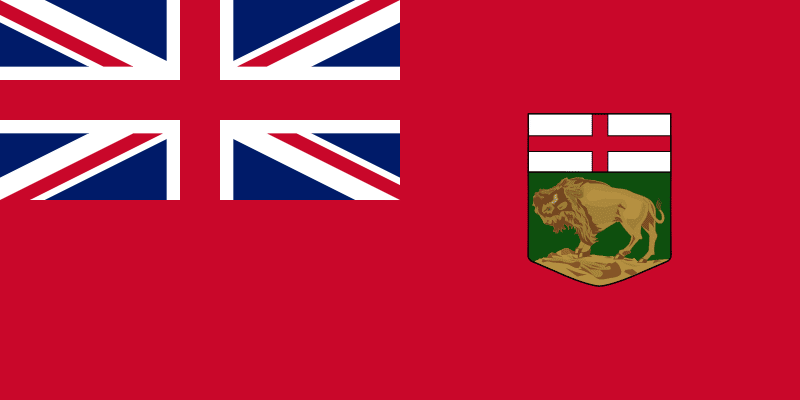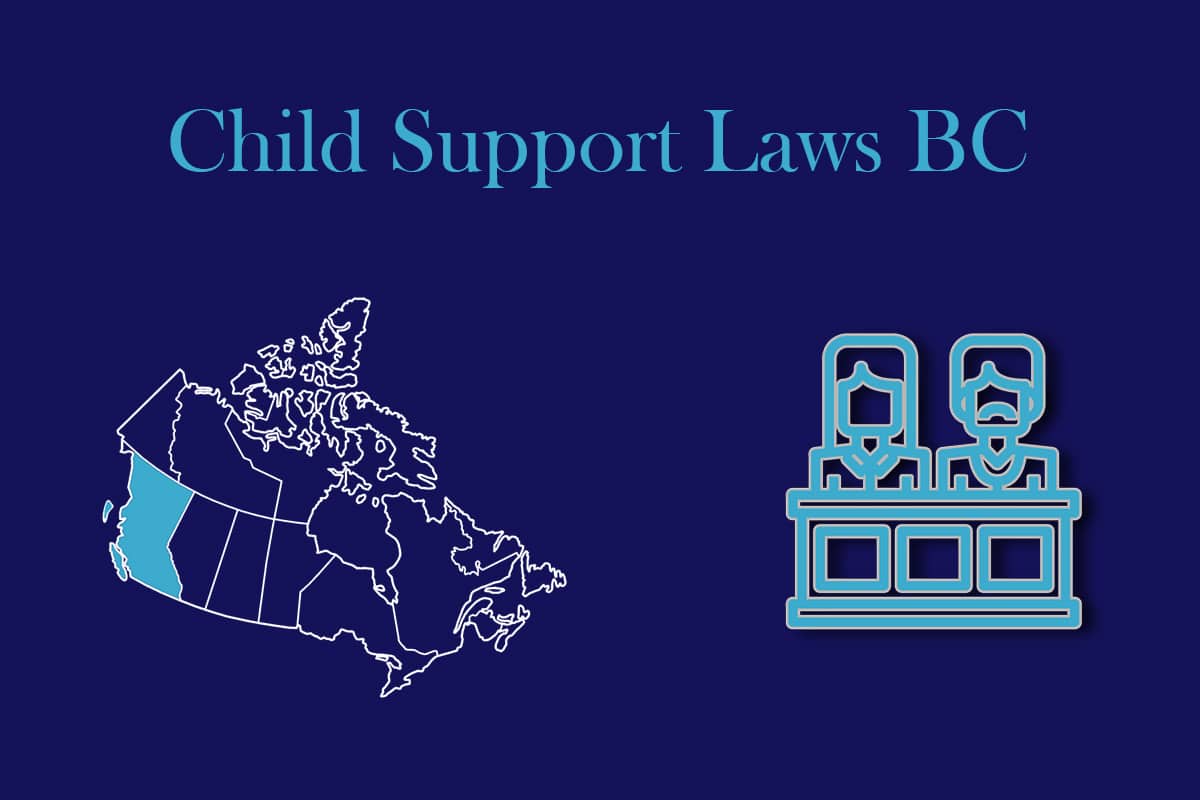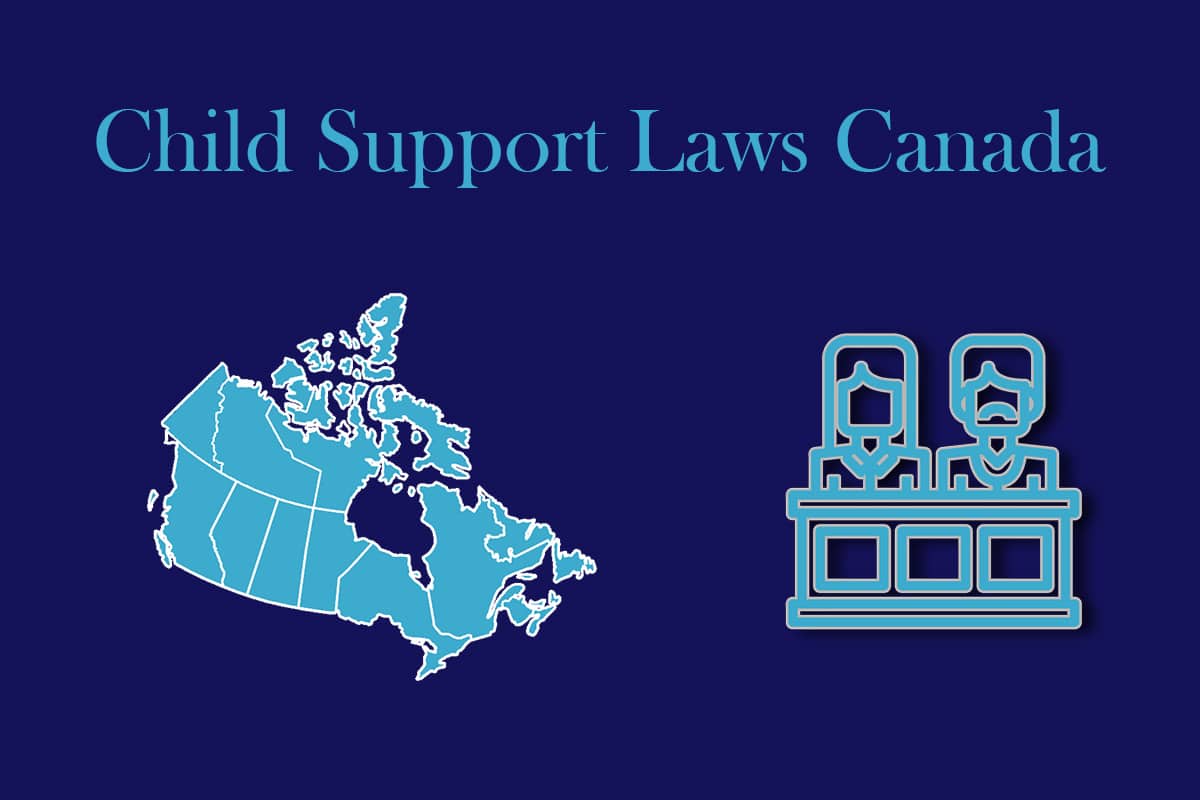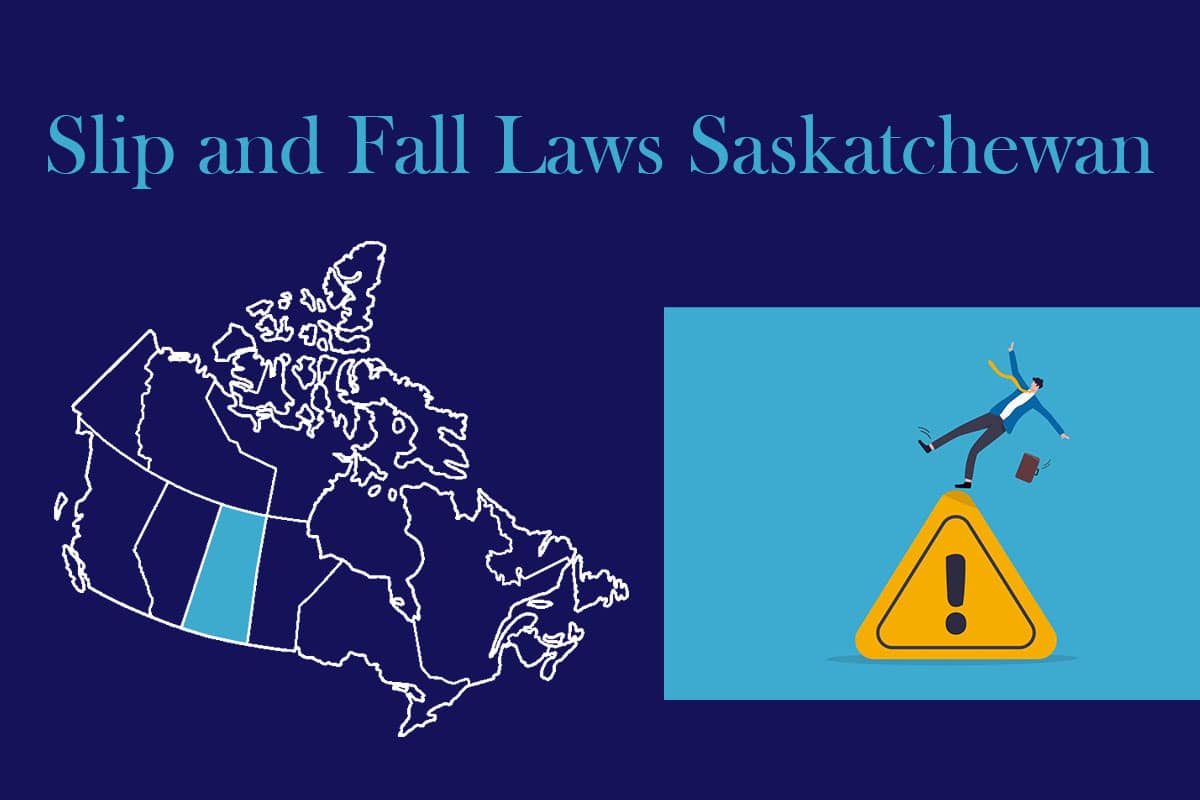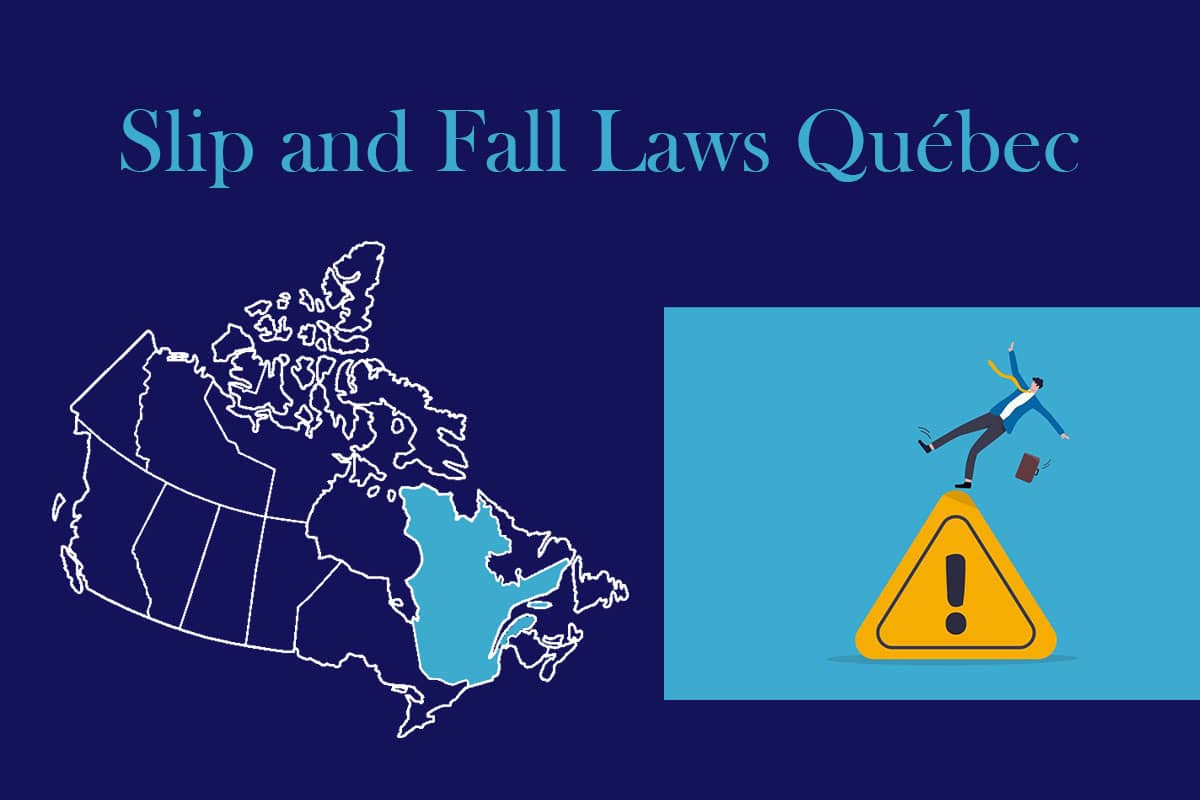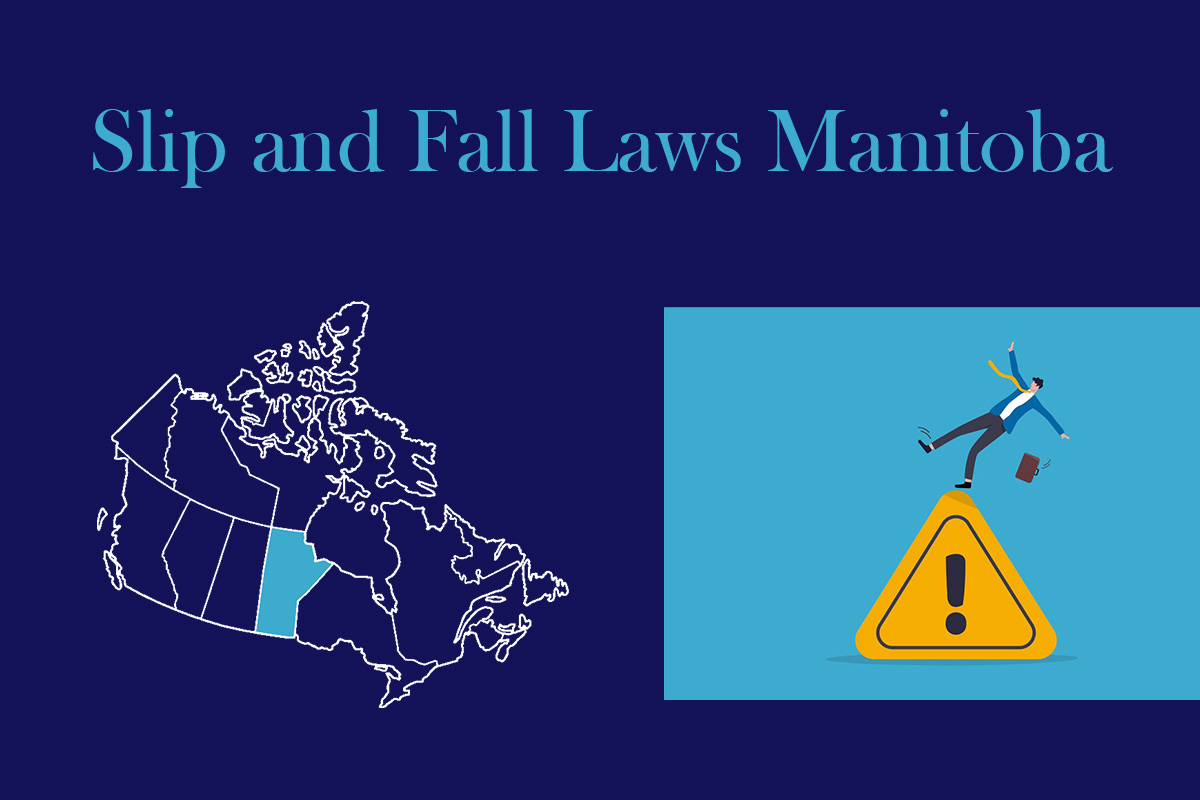Right of First Refusal Manitoba
The Right of First Refusal or “Assuring Priority of Parental Care” is optional protection that divorcing or separating parents may include in their support agreement. The court may include it if the clause is in the best interest of the child/ren. The clause requires that whenever the custodial parent is unable to provide care to … Read more
